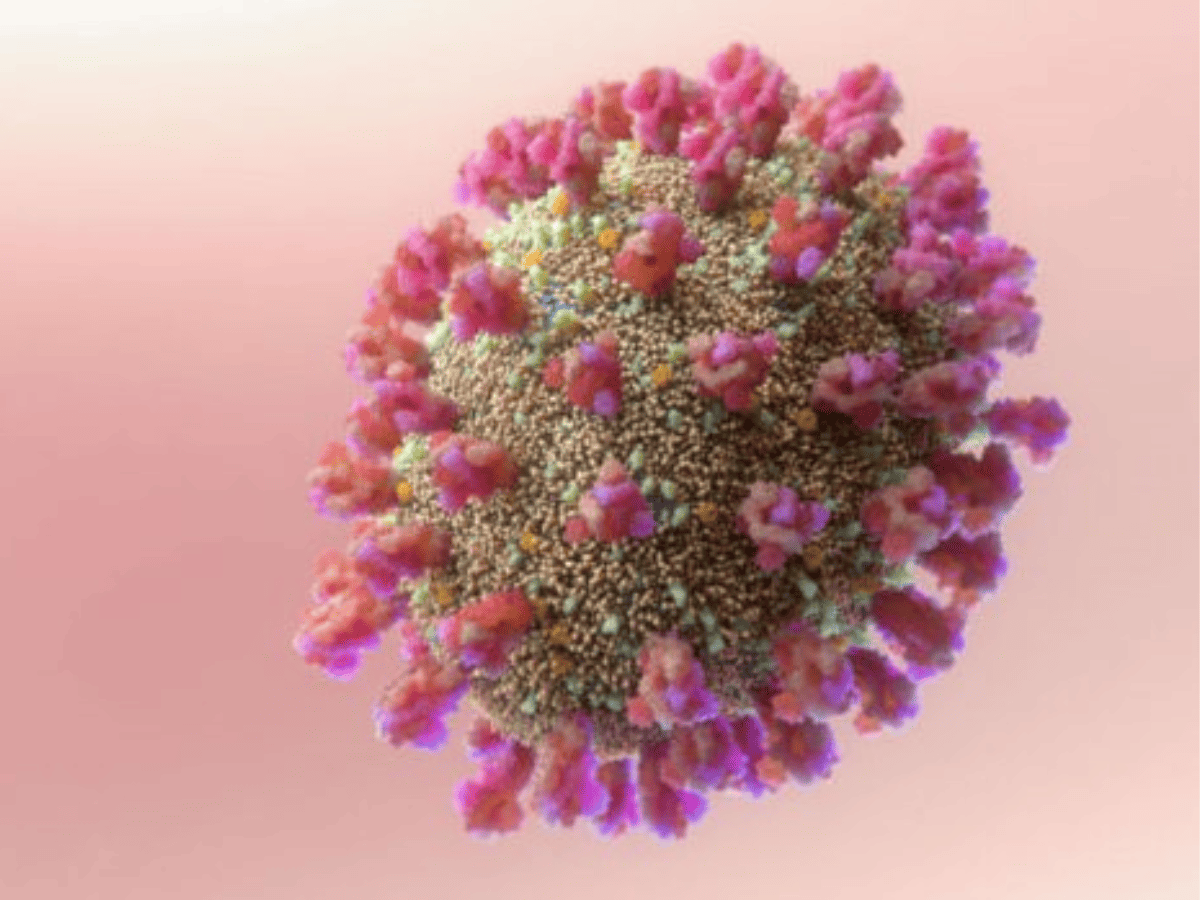
Sydney: Australian researchers, including one of Indian-origin, have developed a new drug that could help long Covid symptoms including fatigue, breathlessness and brain fog, affecting between 10 per cent and 20 per cent of the millions infected with Covid-19.
The drug, NACE2i, is a potential treatment for long Covid that will relieve those debilitating symptoms and revive immune function, said the team from QIMR Berghofer in Brisbane.
“We uncovered the pathway that the virus uses to induce the persistent inflammation which causes organ damage found in long Covid. This study shows our drug prevents that and even repairs damaged lung tissue in pre-clinical models. It is both a prevention and a treatment,” said epigeneticist and co-lead author, Professor Sudha Rao who heads QIMR Berghofer’s Gene Regulation & Translational Medicine Group.
“In the damaged lung, you see it is missing the surface layer of the lung bronchiole area. After treatment with NACE2i, the lung is restored to normal function with a healthy surface layer,” added Dr. Wen Juan Tu, QIMR Berghofer Research Officer.
NACE2i also showed potential to protect against re-infection by any SARS-CoV-2 variant, the team said.
In the study, detailed in the journal published in Nature Communications, they described that NACE2i works by reprogramming the hijacked ACE2 receptor which disarms the virus and stops it replicating.
The reprogrammed ACE2 receptor is returned to the cell surface where it acts as a lock that prevents the virus from entering the cell. This process also reverses the inflammation Covid-19 causes in the lungs.
“The results of the study are really exciting. It shows our drug, NACE2i, stops the virus replicating and protects against re-infection,” Rao said.
“We believe it could be a highly promising adjuvant to boost the effectiveness of existing vaccines providing long-lasting protection against any variant of the virus that tries to enter the cells,” she added.
The researchers also developed a biomarker blood test to detect the presence of the protective ACE2 receptor layer around cells. They tested this in human blood samples and found it was lacking in patients who had repeated Covid-19 infections. The study found NACE2i restored this biomarker of protection.
The next step is to begin clinical trials of NACE2i, the researchers said.
